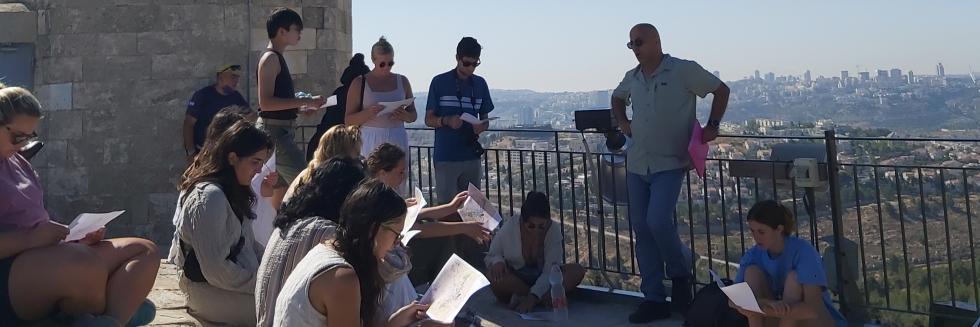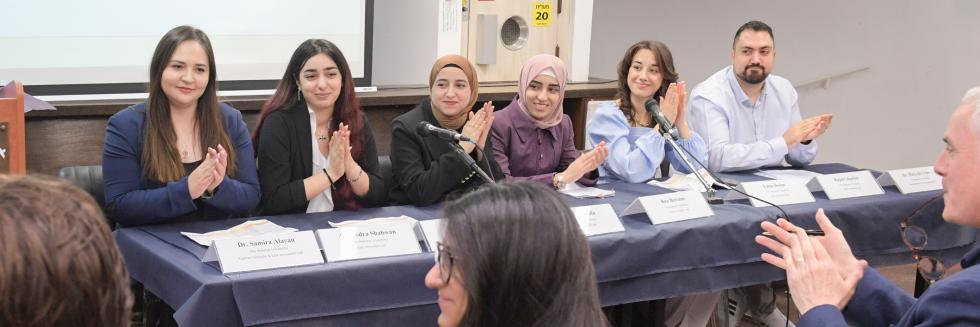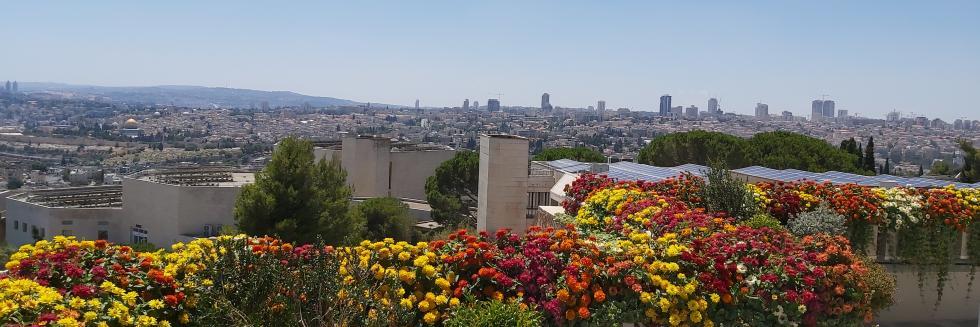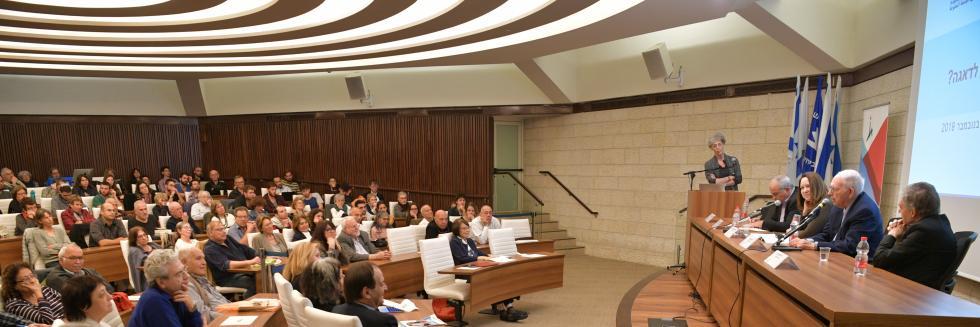Prof. Hagar Salamon
Areas of Expertise: Personal stories, ethnography, Israeli-Palestinian everyday relations, Israeli-Palestinian relations in material culture

Prof. Hagar Salomon is a Senior Lecturer at the Jewish and Comparative Folklore Program, Institute of Jewish Studies, Hebrew University. Her research mainly focus on Cultural Diversity in Israel; Folklore and Folklife of Ethiopian Jews; Folklore in Present-Day Israel; Racial Subjectivity and Its Cultural Expressions; Racial and Religious Folk Expressions and the Boundaries of Judaism; Women Folk Creativity and Identity; Culture in Transition; Life Histories.
Research Abstract
"Master's Lesson – Ex Slave – Owners and the Transition from Ethiopia to Israel"
The study of race relations, racism and control, requires new conceptual and methodological thinking adapted to new global configurations, with its present immigration processes, and cultural articulations. Studying Africa is no longer limited to studies conducted within the continent, and is thus expanded to the African Diaspora and the study of "African ideas", "African images" and other African notions and encounters.
The unique case of ex-masters and their ex-slaves immigrating together from a traditional African cultural context to a western, democratic context – in this case from Ethiopia to Israel – provides such an innovative research venue. This study focuses on Ethiopian slavery from a perspective of time and space, as understood by the same people that took part in its daily practice back in their homeland. The research will attempt to reveal the ties which they hold or not with the slaves who used to live with them in intimate subjugation, and the dynamics of change in their perceptions, the discourse and the specific rhetoric that are associated with this experience.
The study will focus on a minor group within the Israeli-Ethiopian community for whom the question of the attitude toward slavery and slaves is highly personal and concrete. While ex-slaves stories are usually told from the victims' point of view, for whom the story might be a discovery of a muted voice, this study will direct the gaze toward the Masters. Does finding a new, muted voice apply to them as well? These are probably the very last years in which we can still talk with actual slave owners, the direct masters who inherited the slaves from their parents and in which homes the slaves used to work. Many such masters still live in Ethiopia, where the subject is still very much a taboo shrouded in secrecy, and the entire frame of reference is an Ethiopian one. What can we learn from their testimonies about slavery in Ethiopia? How do they view slavery and their own past practices from their new viewpoint? In what ways do they experience the transformation in power relations that occurred here in Israel, and the narrative they tell about the past, present and future power relations and hierarchies? How do these ex-masters' stories come to life here in Israel, as they suddenly find themselves confronting a new reality in which former, established racial and power hierarchies collapse and sometimes are even overturned?





